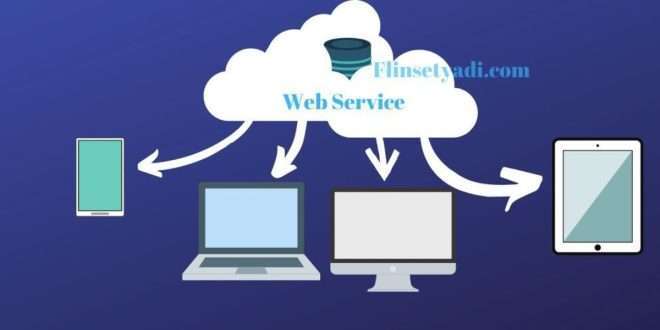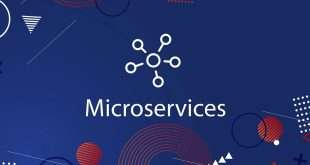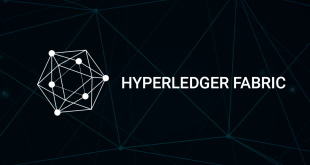In recent times, the tech world has been buzzing with discussions about cutting-edge technologies such as microservices, RESTful APIs, and GraphQL. Amidst all these advancements, SOAP web services, once considered the bedrock of enterprise communication, seemed to have faded into the background. However, the tech landscape is dynamic, and we have witnessed a surprising resurgence of SOAP web services. In this blog, we delve into the reasons behind this resurgence and explore how embracing these legacy technologies, coupled with modern advancements, can offer significant benefits to businesses.
Understanding SOAP Web Services
SOAP (Simple Object Access Protocol) web services have been around for quite some time and were the pioneers in facilitating communication between applications over the internet. They operate on XML-based message formats and leverage HTTP or SMTP protocols for message exchange. SOAP’s strict and standardized structure ensures reliability and security, making it a popular choice for enterprise-level interactions.
Key Advantages of SOAP Web Services
Robust Security Features
SOAP incorporates WS-Security, a comprehensive security framework that ensures end-to-end message integrity, confidentiality, and authentication. This makes SOAP web services an ideal choice for industries dealing with sensitive data, such as finance, healthcare, and government sectors.
Reliable Messaging
With its support for message acknowledgment and retries, SOAP guarantees reliable message delivery even in unreliable network conditions. This reliability is crucial for critical transactions and ensures that no data is lost during communication.
Built-in Error Handling
SOAP provides standardized fault elements, allowing applications to communicate error details effectively. This aids in seamless troubleshooting and debugging, making it easier to resolve issues in distributed environments.
Embracing Legacy with Modern Integration
While SOAP web services offer unparalleled security and reliability, they also faced criticism for their heavyweight and verbose nature. However, rather than dismissing SOAP entirely, modern integration practices have found innovative ways to combine the strengths of SOAP with the agility of other technologies.
SOAP and RESTful APIs: The Hybrid Approach
The integration of SOAP and RESTful APIs has emerged as a powerful hybrid approach. By leveraging the best of both worlds, businesses can cater to diverse client requirements efficiently.
In this approach, SOAP web services serve as a robust foundation for core functionalities, especially when security and reliability are of utmost importance. Meanwhile, RESTful APIs are utilized for secondary functionalities that demand flexibility and scalability. This combination allows businesses to achieve a balance between security and ease of use.
Key Benefits of the Hybrid Approach
Security-First Mindset
With the SOAP foundation, the critical functionalities are protected by top-notch security measures, while the RESTful APIs can handle less sensitive tasks without compromising the overall security posture.
Optimized Performance
By selecting the appropriate technology for each aspect of the application, the hybrid approach optimizes performance. Critical operations can benefit from the rigorous standards of SOAP, while non-critical tasks can capitalize on the simplicity and lightweight nature of RESTful APIs.
Future-proofing with SOAP Web Services
While newer technologies have their merits, it is essential to consider the long-term implications of architectural decisions. Legacy systems, often synonymous with outdated or obsolete, can still play a significant role in future-proofing an organization’s IT infrastructure.
Seamless Integration with Legacy Systems
Many established businesses have invested significantly in their legacy systems, and transitioning away from them can be costly and time-consuming. Embracing SOAP web services allows seamless integration with existing systems, enabling organizations to leverage the latest technologies without disrupting their current operations.
Enabling Interoperability
As businesses expand, they often encounter the need to collaborate with external partners or clients. SOAP’s strict standards enable seamless interoperability between systems developed on different platforms and languages, fostering smooth communication.
Conclusion
In conclusion, the resurgence of SOAP web services comes as no surprise, given their historical significance in enterprise communication and their unmatched security and reliability. By adopting a hybrid approach, blending SOAP with modern technologies like RESTful APIs, businesses can strike the right balance between security and agility.
Final Words
Embrace the resurgence of SOAP web services, combining legacy security with modern agility for a future-proof IT infrastructure. The hybrid approach ensures optimal performance and seamless integration, catering to the evolving needs of businesses.
Commonly Asked Questions
Q1. What is the main advantage of SOAP web services over RESTful APIs?
SOAP web services offer robust security features and reliable messaging, making them ideal for industries dealing with sensitive data and critical transactions.
Q2. How can businesses benefit from the hybrid approach of SOAP and RESTful APIs?
The hybrid approach allows businesses to leverage SOAP’s security foundation for core functionalities while using RESTful APIs for secondary tasks, optimizing performance and security simultaneously.
Q3. Are SOAP web services still relevant in modern technology landscapes?
Yes, SOAP web services are still relevant, especially for businesses with existing legacy systems. Embracing SOAP enables seamless integration and ensures interoperability with other systems.
Q4. Can businesses future-proof their IT infrastructure with SOAP web services?
Absolutely. By embracing SOAP web services and leveraging their security and reliability, businesses can future-proof their IT infrastructure while adapting to modern technological advancements.
Q5. How can businesses transition to SOAP web services from other communication technologies?
Transitioning to SOAP web services can be achieved through careful planning and implementation, considering the organization’s current needs and the specific requirements of the legacy systems. Engaging with experienced IT consultants can smoothen the transition process.
 webfily
webfily



